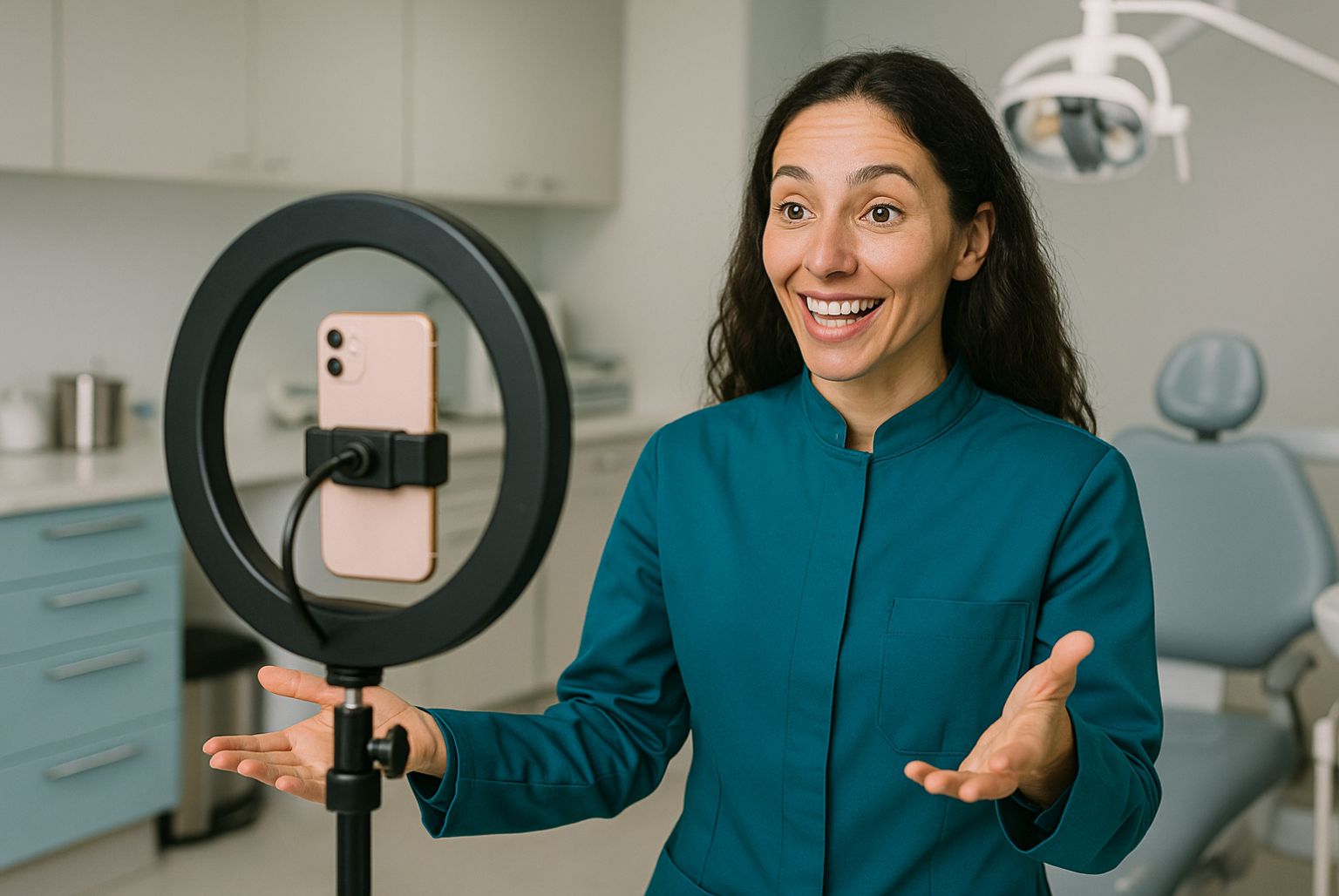We’ve talked about the power of Facebook advertising in a previous blog but wanted to revisit it as it’s a topic that many of our clients ask us about.
Facebook Advertising is An Option For Marketing Your Practice That Offers:
1) A low minimum daily spend – (Depending on the competitiveness of the campaign you are advertising and the location, our team can research and advise a budget)
2) Incredibly specific targeting options, so you can pinpoint who sees your campaign
3) A choice of advertising options to fit your goal
4) Detailed insights so you can see what’s working and what’s not at a glance
In our experience, Facebook advertising is highly cost-effective for building brand awareness and marketing certain treatments. Its extensive targeting options and insights also enable you to learn a great deal about your audience and boost your conversion rates.
However, it does take some time to get to grips with which options are best for your business and your advertising goals. Facebook is notoriously strict about which adverts they approve and they regularly tweak their guidelines so, whether you are new to Facebook advertising or you have some knowledge, let’s get on with the do’s and don’ts of Facebook advertising.
Don’t
Don’t Forget Your Goals
Before you do any kind of marketing or advertising, it’s important to understand your goals and why you want to carry out a particular activity. The same is true of Facebook advertising. There are different ad formats for attracting more page likes, boosting engagement, driving traffic to your website, increasing newsletter sign-ups, and more. By identifying your goals, you’ll find it easier to choose the most appropriate advertising option.
Don’t Use Before & After Images
Facebook has a strict policy against the use of before & after images to promote personal health products or services, such as facial aesthetics or dental treatments.
Don’t Use Generic Photos That Create Unrealistic Expectations
Facebook is also likely to reject ads that use images that it considers to make false promises about the results a treatment can achieve.
Don’t Use Too Much Text
Facebook used to reject any ad that featured more than 20% text. It has relaxed these rules recently but you should still think carefully before using too much text as it can significantly reduce the reach of your ad.
Don’t Set It and Forget It
Facebook provides analytics data to show how your ads are performing. We recommend checking these insights regularly as it will help you to build a clear picture of what your audience likes and dislikes. Keeping an eye on your insights also means that you can respond quickly if Facebook suddenly stops running an ad for some reason.
Don’t Ignore Your Organic Content
You’ve worked incredibly hard on perfecting your Facebook Ad graphics and you’ve got people interested. Your audience is now going to nosey through your social media pages to ensure you are a trusted brand and to look for results. Don’t let that hard work go to waste by having an empty or out-of-date social media page/s.
Do
Read Facebook’s Guidelines About Personal Health Advertising
This will help you to understand what sort of images are likely to work with your ad (this is something we advise our clients about too, having spent a number of years working with Facebook ads). Facebook likes images that are positive without over-promising; it will reject ideas that play on people’s insecurities about their appearance.
Explore The Audience Targeting Options
Research your target audience. Even at a basic level, Facebook enables you to target who sees your ads based on demographics such as age, location, gender, and interests. There are also more sophisticated targeting options. For example, you can create a ‘lookalike’ audience of people who have the same interests, location, and so on as your existing clients. Alternatively, you can advertise to people who are on your mailing list or already engaged with your Facebook page.
Have a Dedicated Landing Page
If you create a Facebook ad designed to get people to click through to your website, you should create a dedicated landing page for your campaign. Facebook will check before approving your ad that it links through to a page that reflects what the ad is about.

Mind Your Language
As well as checking what images you use, Facebook will check the wording of your ads to ensure that you’re not creating unrealistic expectations or targeting people’s insecurities.
Quality Graphics
In our experience, when it comes to creating effective Facebook ads, the simpler the better. An image/video, company logo and just a few words often attract the best clickthrough rates. That being said, the images or videos need to be eye-catching, after all, you only have a few seconds to catch someone’s attention. Follow the Facebook Ads Guide for formats.
Think About Your Call To Action (CTA)
What is it that you want people to do when they see your ad? It’s a good idea to include a call to action – try to focus on the benefits of clicking.
Refresh and Rotate Your Campaigns
A/B testing, or split testing. You might want to consider running a series of ads that feature different messages, headlines, calls to action, etc. so that you can identify which ones are performing the best. In the same breath, running different ads allows your audience to not grow bored and immune to your marketing message.
Check The Guidelines
Some clients ask us about advertising specific treatments. Our advice is to ensure you’re posting to industry guidelines, but we can offer specific guidance on this too.
Botox Marketing on Facebook
As many clients specifically ask us if it’s possible to incorporate Botox Facebook ads into your digital marketing strategy, we thought it was worth including a dedicated section all about this, in this article.
Industry guidelines say it’s not legal to advertise a prescription-only medicine, such as Botox, to the general public – which sounds as if it’s not possible to post Botox ads on Facebook, however, we spoke to CAP (the Committee of Advertising Practices) for clarification on this, and they do accept that there is leeway if Botox Facebook Ads mention the treatment as a potential outcome of a consultation.
For instance, you may be able to use wording such as ‘Arrange your wrinkle treatment consultation today’.
There are also certain terms that CAP has identified as being problematic – such as anti-wrinkle injections and Botox itself – which seems to suggest that others may be more acceptable. In short, as experts in digital marketing strategies, Botox Marketing, and being long-standing members of this industry, we can help you with Botox ads on Facebook.
Reasons To Advertise on Facebook
These days, most businesses have something to gain from adding Facebook advertising to their marketing strategy. It’s accessible to even the smallest of budgets and the real-time insights mean that you can respond proactively by fine-tuning your ads as they run. You can also split test ads within a single campaign and there is a choice of ad types to help you connect with mobile users.
As with other Pay-per-click advertising options, Facebook advertising can help you to build your audience quickly and raise brand awareness. This can be the perfect complement to your organic efforts but you can still use Facebook ads effectively without a massively active organic presence.
Did we answer your question? If there is something in this article that didn’t answer your question please leave us a message on our contact form.
If you need help with your Facebook advertising call us at Cosmetic Digital on 01159140640 to start a conversation.




